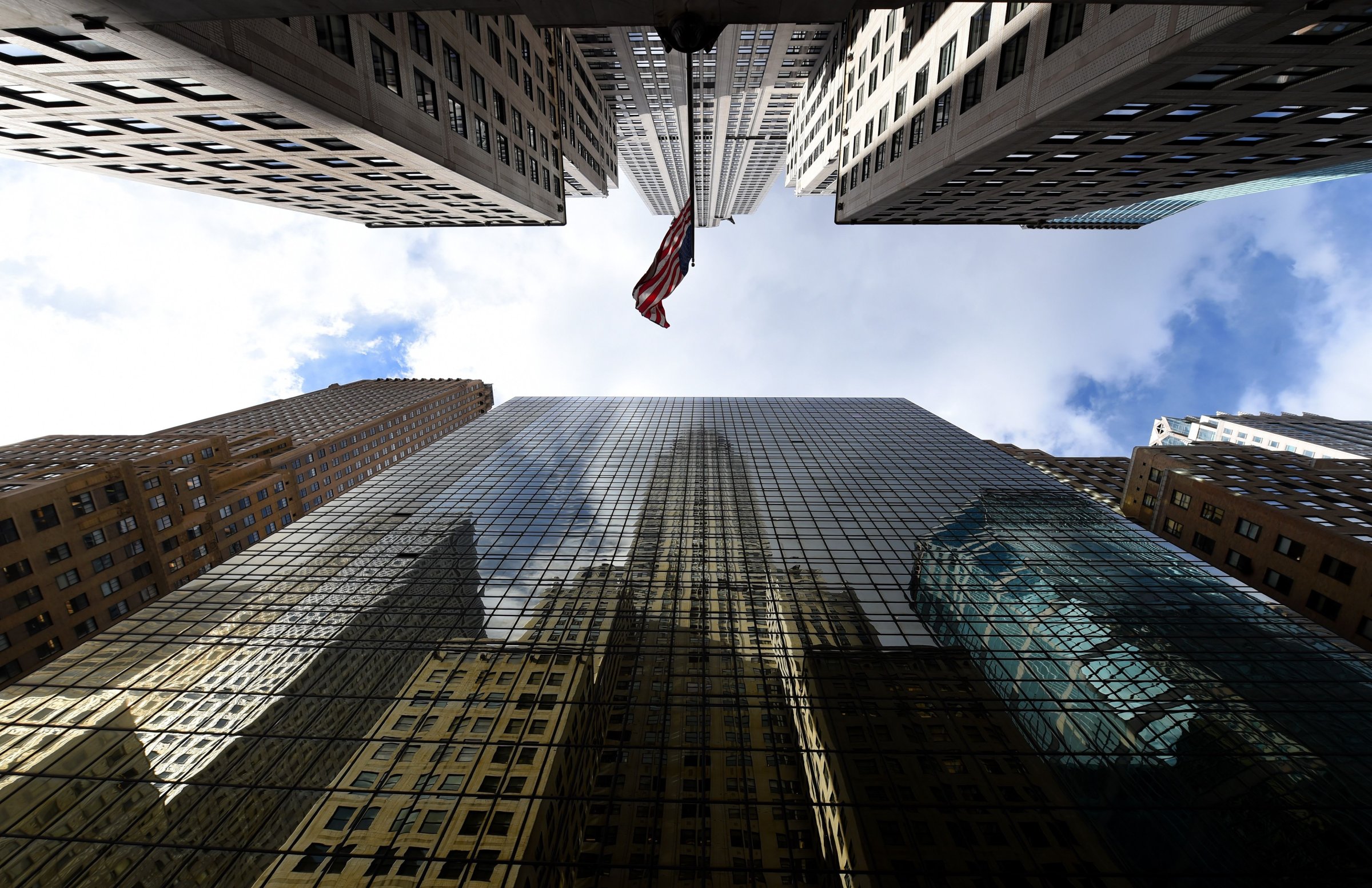
1673
The route of the Post Road or King’s Highway is first traveled to deliver mail from NYC to Boston. Eventually stretching from Boston to Charleston, S.C., it was used by George Washington and General Cornwallis in the Revolutionary War.
1788
The U.S. Constitution is ratified, giving Congress the power to establish post offices and post roads, along with the authority to regulate interstate commerce and provide for common defense and welfare.
1806
Congress authorizes the first federally funded roadway: National Road. By 1818, mail coaches travel it between Maryland and Wheeling, W.Va., which is on the Ohio River, and by the 1830s it reaches Illinois.
1817
Work begins on the Erie Canal. Completed two years ahead of schedule, in 1825, its 363 miles link western waterways to the Hudson River and Atlantic Ocean, allowing the movement of heavy loads at a tenth of the cost of going by road.
1827
New York City’s horse-drawn omnibuses begin service, one of the first mass-transit routes. In 1832 a different NYC omnibus route uses rails in the street, making it an early kind of streetcar.
1856
Chicago’s municipal sewer system was one of the first, along with those in Brooklyn and Jersey City, N.J., built in the same decade. But the major surge in sewer construction came 40 years later.
1869
The transcontinental railroad is completed in Promontory, Utah, made possible by congressional grants of land right-of-ways. Cross-country travel time is greatly reduced–for those who can afford it.
1876
Alexander Graham Bell’s first telephone transmission heralds the arrival of a technology that would be ubiquitous a century later, when 90% of U.S. households had a landline.
1882
Lower Manhattan gets the nation’s first electricity system, from Thomas Edison’s company. The six jumbo dynamos served about 1 sq. mile. By 1896 alternating current expanded the range of service.
1890s
Chicago’s “L” train is the first electric elevated rail line and becomes one of the first rapid-transit systems in the U.S. In 1897 Boston’s underground rail tunnel was the nation’s first subway.
1900
The Sanitary District of Chicago reverses the flow of the Chicago River to carry wastewater away from Lake Michigan, a source of the city’s drinking water.
1908
Jersey City, N.J., is the first city to routinely disinfect its drinking water. In the decade that followed, other cities also implemented chlorination, filtration and purification systems.
1909
College Park Airport in Maryland is one of the first airports. Created to train Army pilots, it remains in service.
1932
The first federal gas tax is levied, of 1¢ per gallon, among a range of new taxes amid the Great Depression.
1933
FDR’s New Deal provides $3.3 billion for the Public Works Administration. Other projects include the Rural Electrification Administration, wiring 288,000 homes by 1939 and the Tennessee Valley Authority.
1935
The Hoover Dam–built by 21,000 people working for four years, at a total cost of $49 million–creates the largest man-made lake in the U.S. and provides power for Southern California, Nevada and Arizona–as well as a tourist lure.
1956
The Interstate Highway System is established by Congress, which allocated $25 billion to build a 41,000-mile system over the next decade. Freeways were seen as a national-security issue, so U.S. forces could move swiftly cross-country.
1980s
The word infrastructure begins to be used to describe large-scale public projects. They were previously termed public works, but advocates worried the phrase had acquired a negative connotation of pork-barrel politics and corruption.
2017
First segment of NYC’s Second Avenue subway opens to the public, almost a century after the project was proposed and decades after excavation began in the 1970s. The final cost was roughly $4.5 billion–far more than the projected budget.
More Must-Reads From TIME
- The 100 Most Influential People of 2024
- Coco Gauff Is Playing for Herself Now
- Scenes From Pro-Palestinian Encampments Across U.S. Universities
- 6 Compliments That Land Every Time
- If You're Dating Right Now , You're Brave: Column
- The AI That Could Heal a Divided Internet
- Fallout Is a Brilliant Model for the Future of Video Game Adaptations
- Want Weekly Recs on What to Watch, Read, and More? Sign Up for Worth Your Time
Contact us at letters@time.com